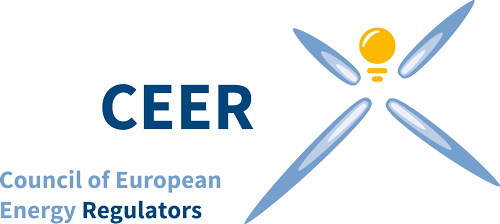Smart metering, better price signals, technological developments, decentralisation of the generation from renewable energy sources all create opportunities for new actors in the energy sector. Given these emerging trends, the Clean Energy Package created Renewable Energy Communities and Citizen Energy Communities in order to achieve a clean and fair energy transition. In various ways, these new market participants offer new answers to old questions. These new legal entities aim at fostering renewable energy projects and empowering customers. These entities of the energy market also seek to generate increased flexibility in the system which might trigger new business models developments and, accordingly, new challenges for regulators. This emerging framework might trigger significative impacts on all market actors from the consumer to the Distribution system operators (DSOs).
If regulated such that incentives match system gains, these actors can contribute to a more efficient industry. However, as we are still at the early stage of the implementation of this new framework, the role such actors may play in practice remains uncertain. Many projects are still only in the research and development phase. Therefore, potential regulatory challenges are not necessarily clear and could benefit from an increased dialogue between regulators and new actors. Energy regulators need to understand how these new actors affect the energy sector and how they can contribute to cost-efficient electrification and digitalisation.
- The first part of the programme will cover regulatory aspects of energy communities and case studies on regulatory experiences.
- During the second part, participants have the possibility to discuss the opportunities of these frameworks for new business models in the energy sector directly with new actors. Presentations on various academic studies and projects also give an overview of the current research on the topic.
- The last part will focus on legal and technical challenges for both consumers and DSO’s.
- A series of online classes which give the participants the opportunity to participate in interesting presentations, discussions and exchanges with the trainers and other participants.
- Access to interesting literature review and reading materials on the topics addressed in the course.
- Interesting exercises and course work that participants need to prepare in advance to contribute to the online debates during the online classes.
- Achille Hannoset, European Commission, DG ENER
- Leen Peeters, EU-funded BRIDGE project
- Andrea Galliani, ARERA
- Claes Vendel Nylander, Ei
- Paulo Oliveira, ERSE
- Dirk Vansintjan, RESCoop
- Tomáš Kupčiha, Energy Regulatory Office
- Jean-Bertrand Hardy, ENGIE
- Andres Pinto-Bello, SmartEN
- Felix Dembski, Sonnen
- Lucila de Almeida, Florence School of Regulation and Wageningen University
- Alain Taccoen, Eurelectric
- Ellen Beckstedde, Vlerick Business School
- Patrick Clerens, European Association for Storage of Energy (EASE)
- Anna Maggioni, ARERA
- Alasdair MacMillan, Ofgem
- Carmen Gimeno, GEODE

